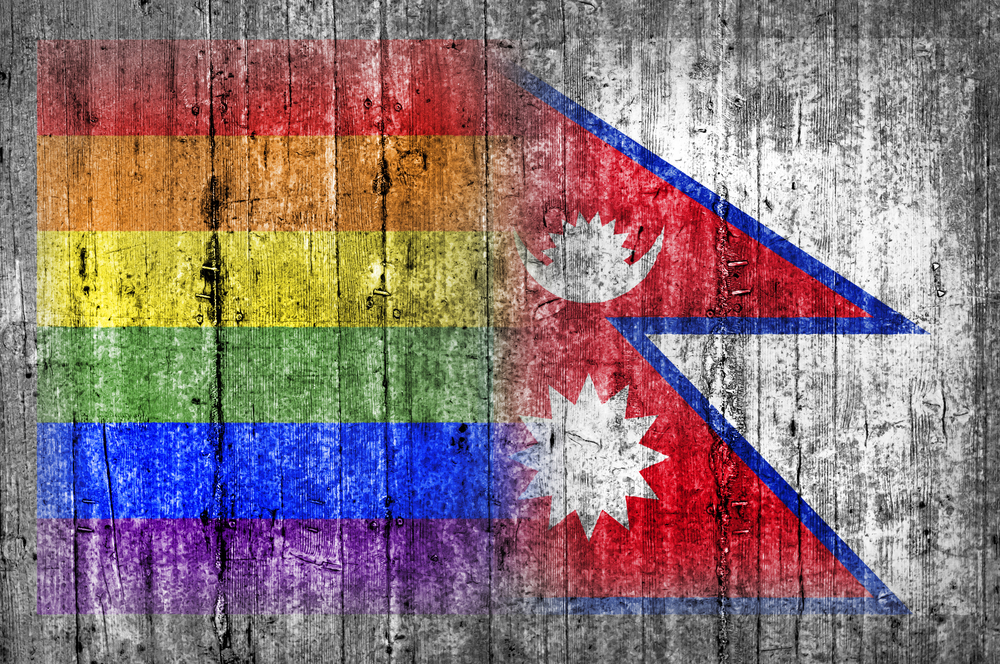LGBTQ+ Community in Nepal Finds Support in the Courts

Nepal isn’t usually the first place people think of when the topic of same-sex marriage comes up. Yet, Nepal has a surprisingly positive track record when it comes to supporting members of the LGBTQ+ community. In 2007, the Supreme Court of Nepal ruled that meant the government had to recognize a third gender. Since that time, the Supreme Court has continued to play a crucial role in pushing the government of Nepal to recognize same-sex marriages and other LGBTQ+ rights.
Marriage Visas Have Been an Issue
One issue that keeps landing in front of Nepal’s highest court is the government’s unwillingness to grant same-sex couples marriage visas. LGBTQ+ people have always existed in Nepal, but it’s taken time for the government to get up to speed with the needs of the community. Currently, Nepalis who are in same-sex relationships with foreigners have a very difficult time gaining legal recognition in the country.
LGBTQ+ Nepalis who marry foreigners expect the same rights as their heterosexual counterparts. If a foreign spouse wants to live in Nepal, they can apply for a marriage visa. The married couple must present a legal marriage certificate to the Department of Immigration (DOI) alongside proper documentation of the relationship and any forms required by the foreign spouse’s embassy. However, the DOI has continued to reject these applications for same-sex couples because of a technicality in the language of immigration law, which uses the terms “husband and wife” instead of “spouses.”
Nepal’s Supreme Court Leads the Way
In recent history, Nepal’s Supreme Court has led the way when it comes to recognizing LGBTQ+ rights. In 2017, the court heard the case of a Nepali and American lesbian couple whose marriage visa application the DOI rejected because of the gender of the applicants. The court intervened in their case, forcing the hand of the DOI and granting the couple a legal marriage visa.
Six years later, same-sex couples still struggle to acquire legal visas on the basis of marriage. The Supreme Court has had to chide the government for a second time in a new case where a same-sex couple, one Nepali and one German, was not able to get approval for a marriage visa. This time, the court used strong wording to urge the government to act on a 2015 report, which recommended that the government of Nepal should enshrine marriage equality into the country’s constitution.
At the moment, the two men will get to live in Nepal together now that the DOI has had to approve their application. The problem is that there is still no legal language that supports other couples in the same situation. That is what the Supreme Court hopes to change.
LGBTQ+ Activists Continue To Fight On
Nepal’s LGBTQ+ activity has worked hard to gain ground on human rights in the country, and the fight isn’t over yet. Activists see marriage equality as one piece of the puzzle, but they do celebrate the fact that the Supreme Court is on their side. Other issues that have not found resolution include:
- Legal recognition of transgender persons as their chosen gender
- Legal rights for same-sex couples and parents
- Education and implementation of federal law at the community level
LGBTQ+ Nepalis have a long history of political activism. They participated in the protests that ended the monarchy, and they organized within their community to create organizations such as the Blue Diamond Society. People have organized Pride events in Nepal since 2001, and the parades attract more and more people each year.
The divide between the LGBTQ+ community and society at large still exists. Education and representation are two areas that can help things move along, but only time will tell how openly Nepali society accepts LGBTQ+ people.














